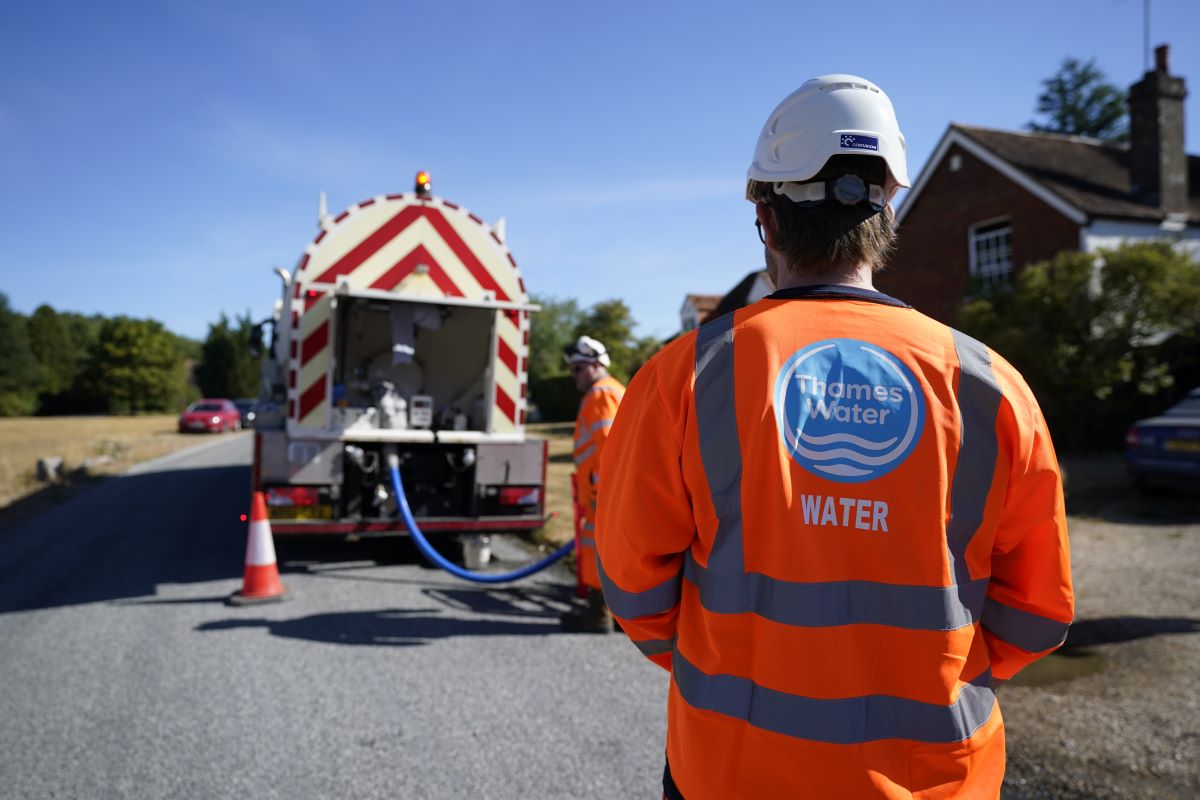Unless they crash the economy and start enslaving people, they’ve got a way to go before they hit the bottom.
No, it’s shell, bp, tesco and Binley Mega Chippy.
Perhaps more people need to know who owns these companies and how ownership affects their operations.
My local company is 40% owned by JP Morgan and other hedge funds are involved in ownership. My understanding is that this is similar across many utility companies. Instead of service being their primary concern, it is the generation of revenue.
The catastrophic role of hedge funds in the UK cannot be overstated.
They do have some competition for that title
Thames Water found itself at the centre of another industry scandal, with the supplier yesterday ordered by Ofwat to hand back over £100m to customers after failing to meet standards for fixing pipe leakages, sewage overflows and environmental protection.
Industry regulator Ofwat has ordered the UK’s largest supplier – which serves 15m customers- to cut bills after its latest annual performance review had found the supplier had fallen short of standards.
The report is the latest blow for the troubled supplier, which has been struggling under a £14bn debt pile,
My suspicion is that utility companies are not generally going to spend more on infrastructure if they have their price limits get cut, especially ones that can’t handle their existing debt.
Maybe a better way to deal with this is to say that, for utilities with natural monopolies, like water companies, that aren’t doing well, they can be compelled to sell part of their network to a neighboring utility that isn’t having problems.
Maybe networks that have a natural monopoly should be in the hands of the public
Natural monopolies for essential services should not be privately owned. You can’t allow shareholders to take dividends while essential infrastructure rots, and it makes no sense for us all to be paying dividends to idle shareholders when we have no choice but to pay for the service they (are supposed to) provide.
Steve Reed, Labour’s shadow environment secretary pledged to “for the water companies to clean up their filth” through instant fines and more responsibility for bosses – but stopped short of calling for the industry’s nationalisation.
Of course he did. Power is so concentrated in so few hands, there isn’t even an option on the ballot paper to stop this nonsense.
Is there a neighbouring utility that isn’t also in similar trouble, though?






